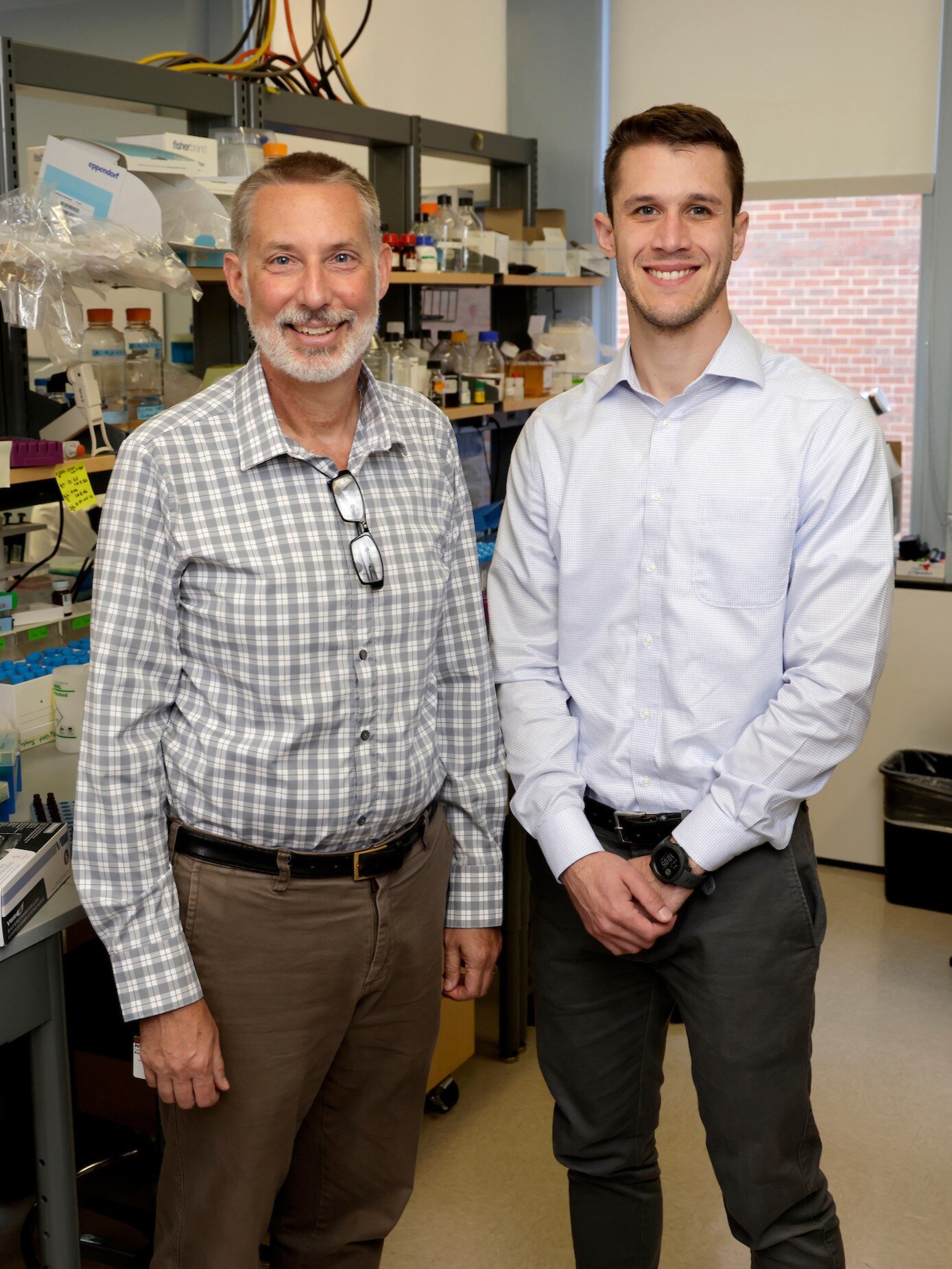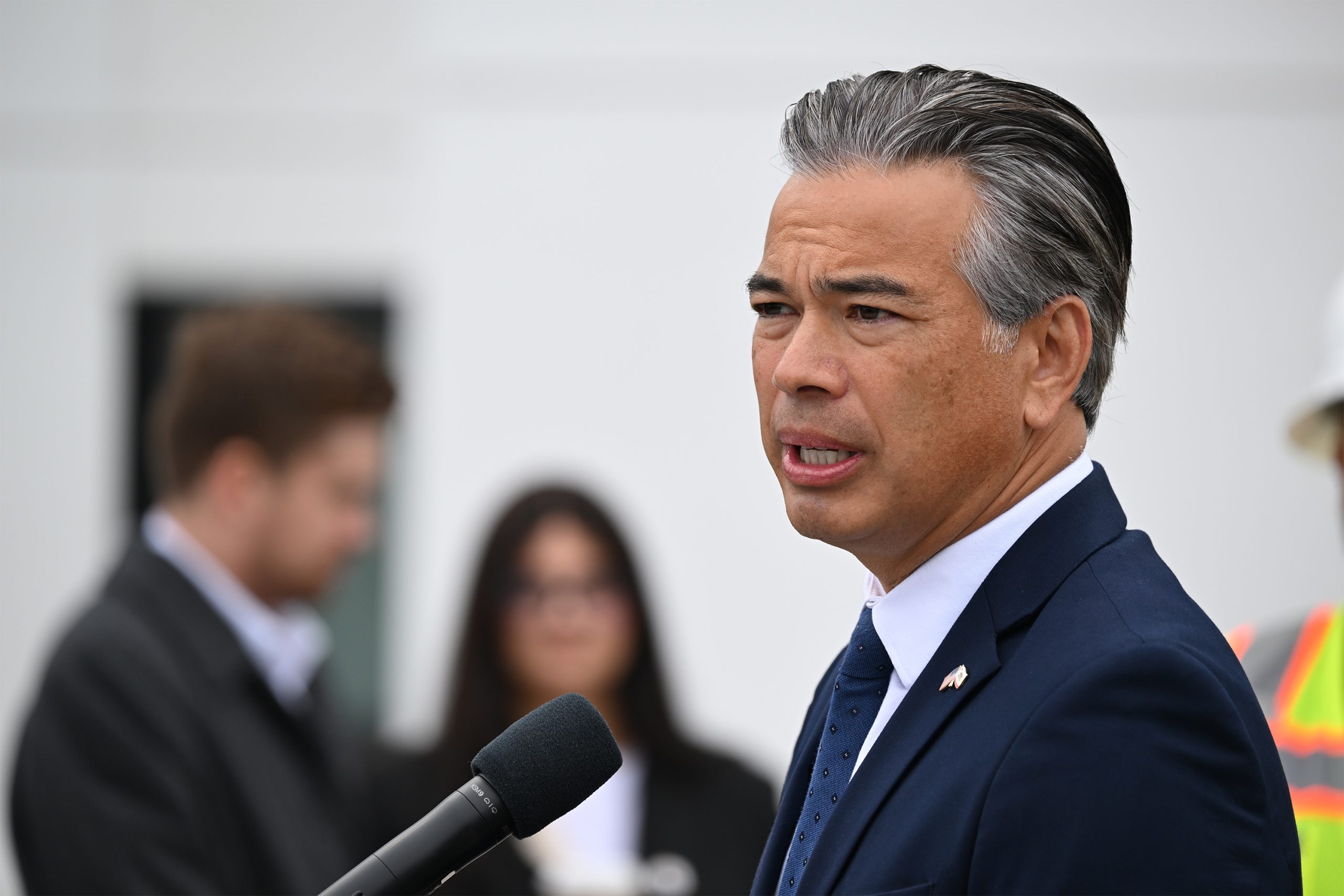Australian-led research is unlocking new ways for immunotherapy to better target cancer.
Cancer immunotherapy has revolutionised treatment for patients, whereby the body’s own immune system is harnessed to destroy cancer cells.
Typically, several molecules restrain the ability of T cells to target cancer cells and developing approaches to limit this restraining effect can lead to improved effectiveness of cancer immunotherapy.
Research published in Science Immunology has determined the structure of how an inhibitory molecule, LAG3, interacts with its main ligand and provides a new targeted approach to improving the effectiveness of immunotherapy for certain forms of cancer.
The publication is the first to show the crystal structure of a human LAG-3/HLA-II complex and provides a better foundation for development of blocking LAG-3 therapeutics.
Led by Professor Jamie Rossjohn at Monash University’s Biomedicine Discovery Institute (BDI), in Melbourne, Australia, in collaboration with Immutep, this research resolves how the human LAG-3 receptor binds to HLA II molecules.
First author Dr Jan Petersen said: “The way the PD-1 and CTLA-4 immune checkpoint molecules bind to their respective ligands has been resolved for many years.
“However, the resolution of the interface between another important checkpoint molecule, LAG-3, and its main ligands, HLA-II molecules, has remained elusive.
“Solved using data collected at the Australian Synchrotron, a structure of a LAG-3/HLA-II complex provides a structural foundation to harness rationally for future development of antibodies and small molecule therapeutics designed to block LAG-3 activity.”
Dr Frédéric Triebel, Immutep’s CSO, added: “These findings add to the strong foundation of our work with Professor Rossjohn and his team to develop a deeper understanding of the structure and function of the LAG-3 immune control mechanism, particularly as it relates to our anti-LAG-3 small molecule program.”



